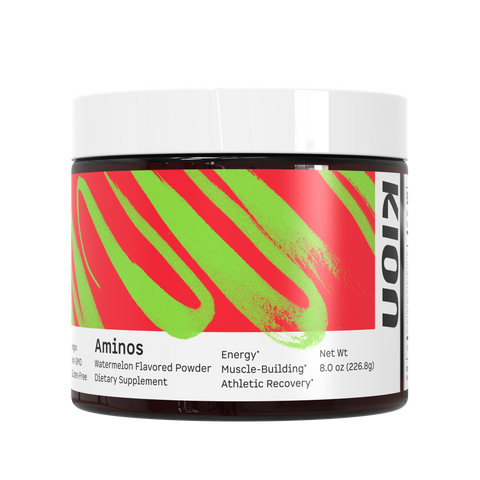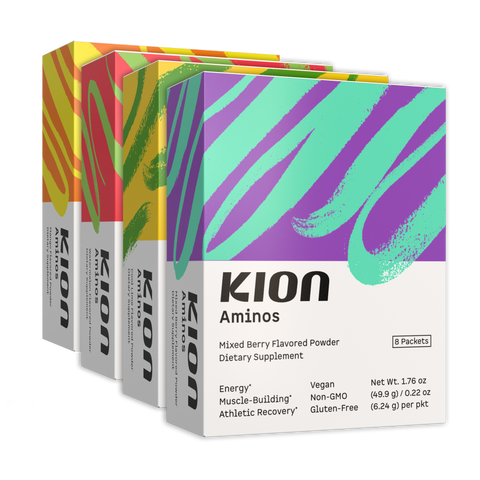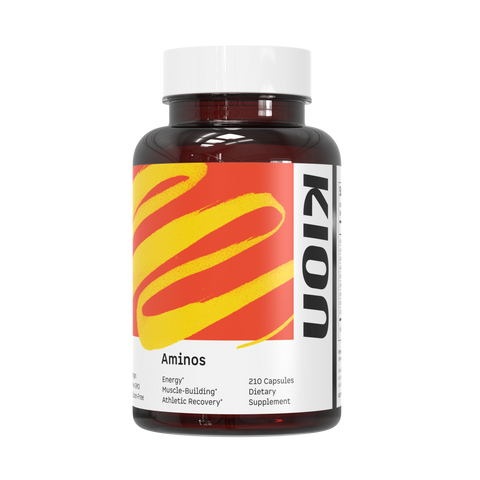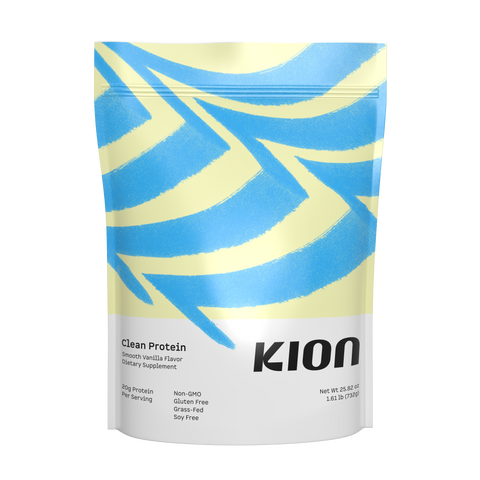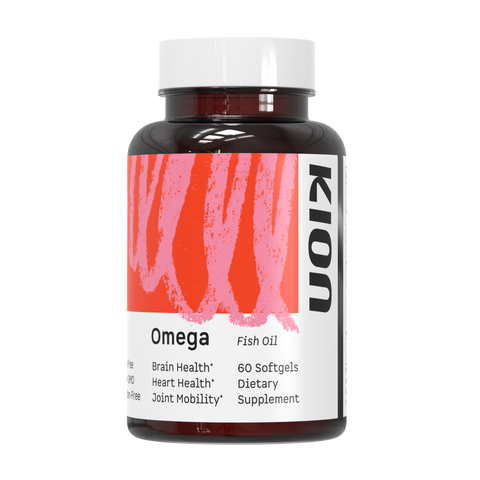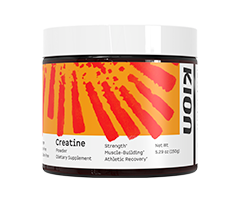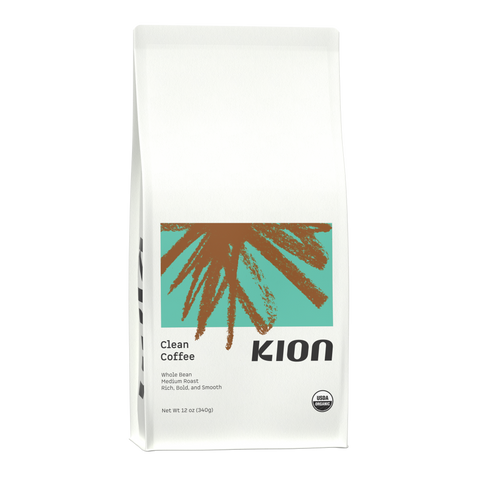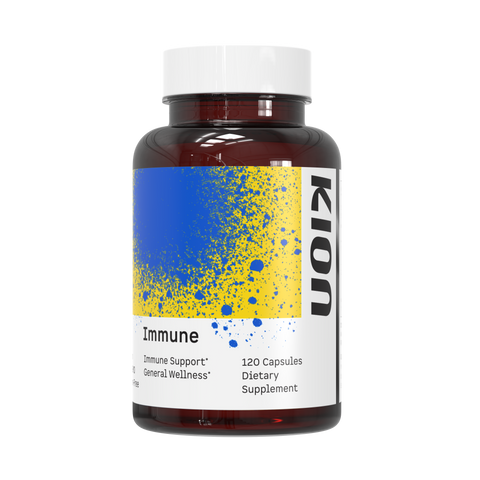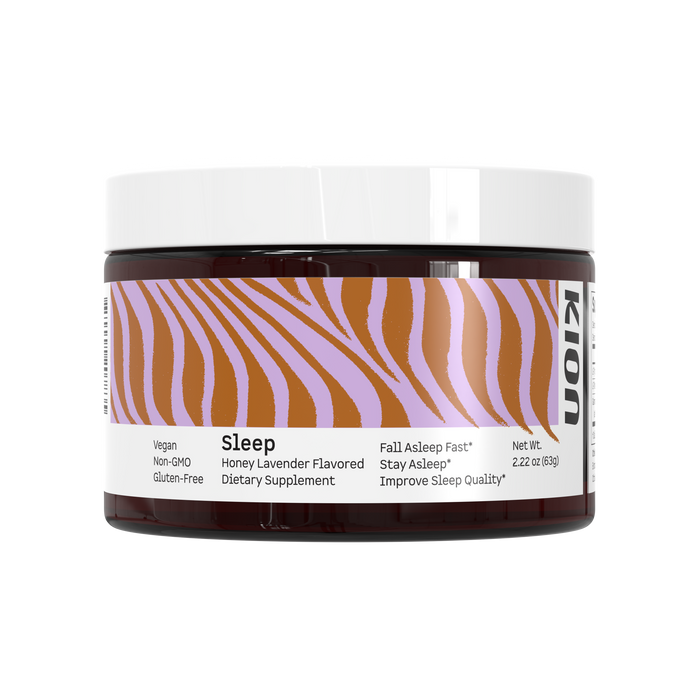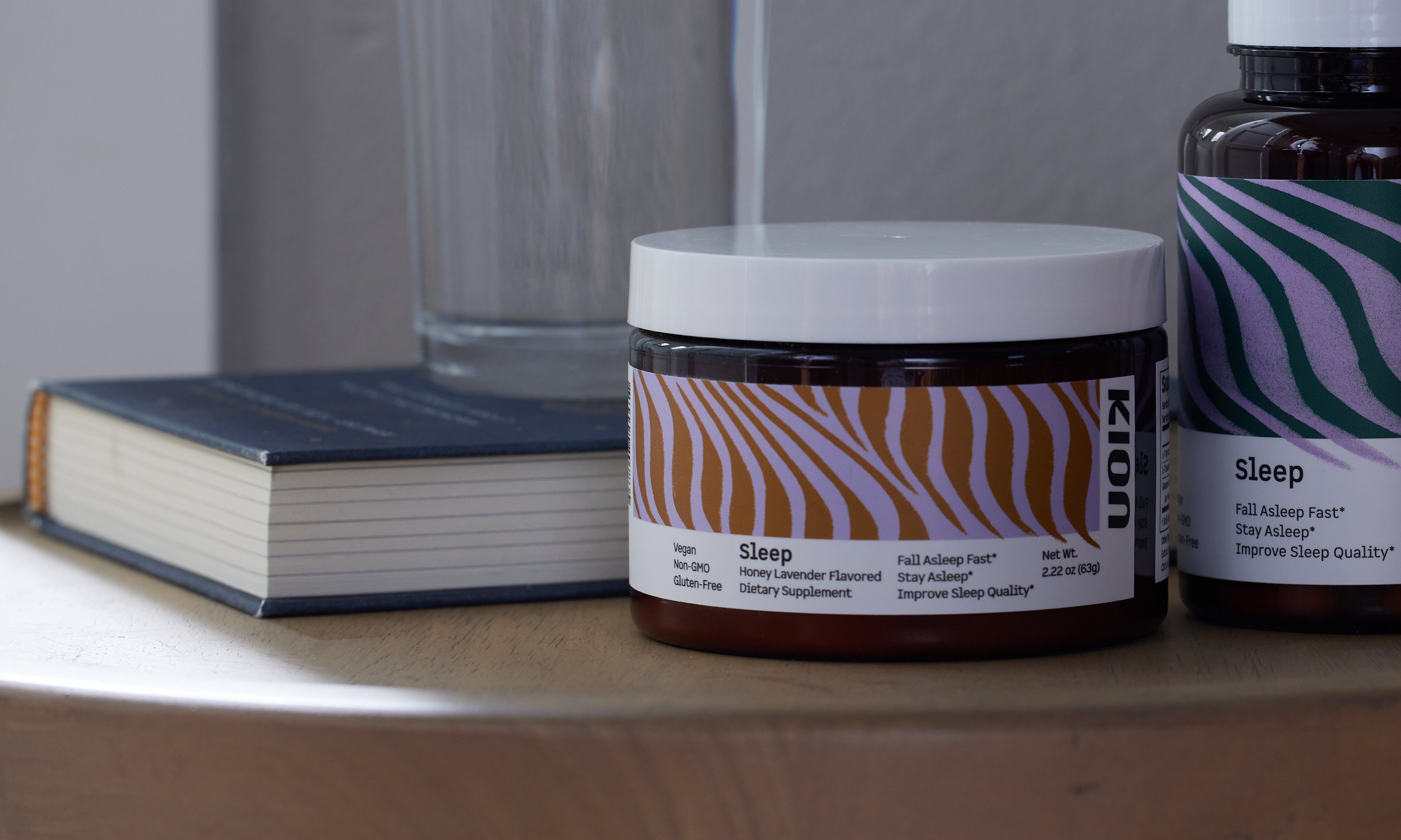You know sleep is important.
But if you're a busy parent managing a household and a job, or a young professional juggling work and a social life, or really anybody with access to tv on demand and a smartphone, your sleep is likely inconsistent and being neglected on a regular basis.
Any thought of improving sleep is often pushed aside because the waking brain finds other tasks to dwell upon that seem much more important.
But optimizing your sleep doesn't have to be another stressful thing to add to your list of things to do.
It just takes a few simple adjustments in the beginning, and then you'll quickly be feeling rested enough to tackle any further steps toward becoming a super sleeper.
The Importance Of Circadian Rhythms
Circadian rhythms are physiological and behavioral cycles that influence the timing of all your bodily rhythms on approximately a twenty-four-hour cycle.
They help control a wide array of biological processes, such as the sleep-wake cycle, body temperature, digestion, hormone secretion, glucose homeostasis, eating habits and cell-cycle regulation.
Your body assigns certain functions based on the time of day, such as tissue repair while you’re sleeping and feeding and moving during the day.
The primary cues that dictate the circadian rhythm are light, food, movement, and social interaction.
If your circadian rhythm is irregular or not synched with the natural light/dark cycle as humans have been for millennia, then you're putting yourself at risk for obesity and metabolic disease, diabetes, weight gain, depression and increasing your risk for all chronic diseases.¹ ² ³ ⁴
If your circadian rhythm is timed right, you should be sleeping from about 11 p.m. to about 7 a.m. So, if you’re not there, how do you get there?
By improving your sleep hygiene.
Sleep Hygiene 101
Understanding sleep hygiene will help you to easily fall asleep, whether it’s for a nap, or a good seven to nine hours of deep, restful sleep.
Whatever the case, not sleeping enough, or sleeping well enough, can lead to inflammation, lack of energy, brain fog, and inhibit creativity, memory, and cellular regeneration.⁵
Sleep, then, is one of the most important contributors to your energy levels, cognition, and overall health.
Because so many factors influence your circadian rhythm and sleep quality, and because the modern world only adds more complications and potential sleep disturbances, you need to understand the major players influencing your ability to sleep.
1. How Light Affects Sleep
Believe it or not, getting a good night’s sleep begins in the morning before you’ve even gone to sleep.
For your body to be in its natural circadian rhythm, wherever in the world you are, you have to be exposed to some kind of natural sunlight, or its equivalent, first thing in the morning. A simple 10 to 20-minute walk outside will help you reset your biological clock.⁶
Because blue light suppresses the production of the sleep-inducing hormone melatonin to make you alert and awake during the day, if you're exposing yourself to blue light in the evening, you're inhibiting melatonin production that is necessary for priming your body to sleep.⁷
That’s why it is important to eliminate exposure to artificial light at the end of the day as much as possible.
Generally, whenever the sun has gone down, you’ll want to eliminate as much exposure to blue light as possible so that it won’t throw off your circadian rhythm.
And you’re actually sleeping, try to block as much light from entering your bedroom as possible.
2. How Smell Affects Sleep
There are natural olfactory compounds that induce relaxation. Rose, bergamot, lavender, these and more actually activate your “rest and digest” parasympathetic nervous system (PNS) and can be very calming.
The PNS helps control homeostasis, regulates different body systems, and allows it to repair itself. Some of the effects of the activation of the PNS are muscular relaxation, increased saliva production, and greater release of digestive enzymes.⁸
Exposure to undiluted lavender for as little as seven days helps inhibit anxiety-like behaviors that are the result of an overstimulated sympathetic nervous system.⁹
All you have to do is place a little lavender oil on your upper lip, or even get an essential oil diffuser that will diffuse the oil into the air around you while you sleep.
3. How Sound Affects Sleep
This may sound like a no-brainer, but noise has a major impact on sleep.
Even if you go to sleep in a quiet atmosphere and sleep through the night, exposure to nighttime noise the night before can lead to sleepiness, irritability, and poorer mental health.¹⁰
Exposure to noise while you sleep has also been shown to boost production of hormones such as adrenaline and cortisol as well as elevate heart rate and blood pressure.¹¹
So, take the time to evaluate causes of noise in your bedroom, and do your best to mitigate or eliminate them.
White noise has been shown to help study participants fall asleep faster and improve sleep quality.¹² ¹³
4. How Temperature Affects Sleep
Believe it or not, your body temperature actually drops when you sleep.
Your body temp may drop by as much as 2° C while you snooze, and this variation is regulated in part by circadian rhythms – core body temperature is high during the day, peaking in the midafternoon, and lower at night.¹⁴ ¹⁵
At sleep onset, the metabolic rate in your cells falls, and as a result, they generate less heat, which means you generate less heat.¹⁶ So, as you drift off, you’ll begin to cool down by what is a significant amount from the human body’s thermal set point.
At certain points during REM sleep, you’ll start to warm up again, due to a temporary loss of this thermoregulatory response.¹⁷ But, as you re-enter NREM sleep, you’ll start to cool off again.
The problem is that external factors can throw off your core body temperature cycle when not properly aligned with your natural circadian rhythm. Just a few of these are physical activity, drugs, fever, and menstrual phases.¹⁸
So if you spend your day running around doing errands, going to meetings, working out, and eating a lot for effective recovery, you might be messing with your body’s natural rhythms.
By the time you get to bed, your body is generating so much heat, it’ll take much longer for sleep onset to occur than it should, and your sleep itself won’t be as restful.
Luckily, you can help your body out by dropping the temperature of your house or bedroom to around 65° F at night. A cold shower, before bed, or a hot-cold contrast shower ending on cold can also help prepare your body for sleep.
Whatever situation you find yourself in, there are options for helping your body along in its circadian mission to chill out when you go to sleep.
Sleep Better Tonight
By hacking these four common factors affecting your sleep, you’ll not only sleep better, but you'll also improve nearly every body system, giving you the physical energy and mental clarity to tackle whatever life throws at you.
If you've tried everything and are still struggling with sleep, (or if you just want to sleep better than you currently are) you may want to consider adding all-natural nutrients that have been proven to support sleep to your nighttime routine.
There are three amino acids, in particular, that have been proven to support neurotransmitter balance and function to improve sleep latency, duration, and quality.
- Gamma-aminobutyric Acid (GABA) is one of the most important neurotransmitters–and amino acids–for regulating sleep. Supplementing with GABA directly is an effective way to reduce stress, promote relaxation, and improve your sleep quality.
- L-theanine is an amino acid that’s able to cross the blood-brain barrier, where it can induce brain wave states that promote relaxation and better sleep. L-Theanine also elevates levels of the neurotransmitters GABA, serotonin, and dopamine—which work in your brain to regulate emotions, mood, and sleep.
- L-tryptophan is another amino acid that supports relaxation and sleep, specifically through the serotonergic pathway in the brain. When consumed, tryptophan is transported into the brain and converted to the sleep-regulating neurotransmitter 5-hydroxytryptophan (5-HTP). 5-HTP then works to increase levels of the calming neurotransmitter serotonin, as well as the sleep-signaling hormone melatonin.
Kion Sleep combines these three powerful amino acids into one unique, research-backed formula to bring you natural, effective sleep support!
By harnessing the power of clinically-proven dosages of L-tryptophan, L-theanine, and PharmaGABA® to directly target neurotransmitters, Kion Sleep helps you:
- Fall asleep fast*
- Stay asleep*
- Improve sleep quality*
Because our formula relies only on all-natural amino acids, you can rest assured (pun intended) knowing that it won’t cause you to wake up feeling groggy.
Sleep better naturally with Kion Sleep
Buy NowScientific Research
- http://advances.nutrition.org/content/5/3/312S.full
- https://www.ncbi.nlm.nih.gov/pmc/articles/PMC3359760/
- https://www.ncbi.nlm.nih.gov/pmc/articles/PMC3499064/
- https://www.nigms.nih.gov/education/pages/Factsheet_CircadianRhythms.aspx
- https://books.google.com/books?id=fIc0CwAAQBAJ&printsec=frontcover&dq=ben+greenfield+beyond+training&hl=en&sa=X&ved=0ahUKEwiBltbSyMbUAhUM02MKHU5sDasQ6AEIIjAA#v=onepage&q=ben%20greenfield%20beyond%20training&f=false
- https://www.ncbi.nlm.nih.gov/pmc/articles/PMC3020104/
- https://www.scientificamerican.com/article/q-a-why-is-blue-light-before-bedtime-bad-for-sleep/
- https://adrenalfatiguesolution.com/fight-or-flight-vs-rest-and-digest/
- https://www.hindawi.com/journals/ecam/2013/681304/
- https://pubmed.ncbi.nlm.nih.gov/26483931/
- https://pubmed.ncbi.nlm.nih.gov/29192612/
- https://www.ncbi.nlm.nih.gov/pubmed/29312136
- https://www.ncbi.nlm.nih.gov/pubmed/27354974
- https://books.google.com/books?id=-ZTfjy2GLBYC&pg=PA75&dq=sleep+temperature&hl=en&sa=X&ved=0ahUKEwjalM3A9sXUAhUP1WMKHZ5wBzsQ6AEIKDAB#v=onepage&q=sleep%20temperature&f=false
- https://books.google.com/books?id=1C8G626-FiMC&pg=PA65&dq=sleep+temperature&hl=en&sa=X&ved=0ahUKEwjalM3A9sXUAhUP1WMKHZ5wBzsQ6AEILTAC#v=onepage&q=sleep%20temperature&f=false
- https://books.google.com/books?id=-ZTfjy2GLBYC&pg=PA75&dq=sleep+temperature&hl=en&sa=X&ved=0ahUKEwjalM3A9sXUAhUP1WMKHZ5wBzsQ6AEIKDAB#v=onepage&q=sleep%20temperature&f=false
- https://books.google.com/books?id=-ZTfjy2GLBYC&pg=PA75&dq=sleep+temperature&hl=en&sa=X&ved=0ahUKEwjalM3A9sXUAhUP1WMKHZ5wBzsQ6AEIKDAB#v=onepage&q=sleep%20temperature&f=false
- https://books.google.com/books?id=1C8G626-FiMC&pg=PA65&dq=sleep+temperature&hl=en&sa=X&ved=0ahUKEwjalM3A9sXUAhUP1WMKHZ5wBzsQ6AEILTAC#v=onepage&q=sleep%20temperature&f=false
* These statements have not been evaluated by the Food and Drug Administration. This product is not intended to diagnose, treat, cure, or prevent any disease.
© 2022 Kion. All rights reserved.



